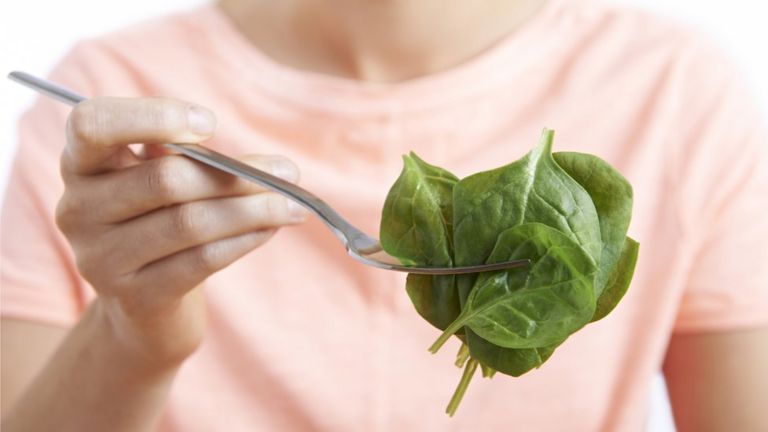Curls&Justice417
Well-Known Member
I'm a little late to the game, but I'm going to jump in! I was taking a hsn vitamin in November, then fell off the wagon. I want to be consistent with this not only for healthy hair, but a healthy body as well.
- Beautifully Bamboo supplement daily
- Alive! Women's Energy multivitamin daily
- Drink a few cups of green tea daily (my favorite is the lemon and jasmine one with chamomile)
- Drink 60 oz of water daily
- I also like to drink one of the protein drinks like Boost as a snack
- Eat more healthy balanced meals
- Exercise at least 3x a week








 I kid I kid, thats one hella growth. Why do you tae gelatin and collagen? I thought they were supposed to be the same thing. Also, what brands and how much do you take?
I kid I kid, thats one hella growth. Why do you tae gelatin and collagen? I thought they were supposed to be the same thing. Also, what brands and how much do you take?



